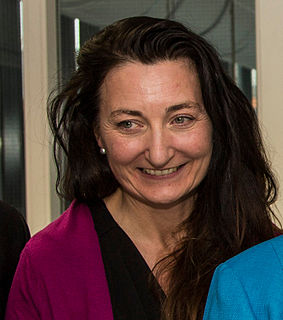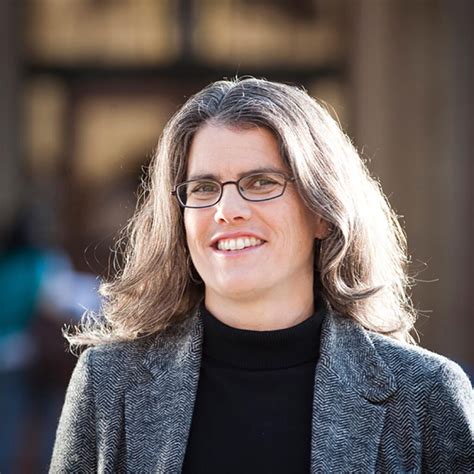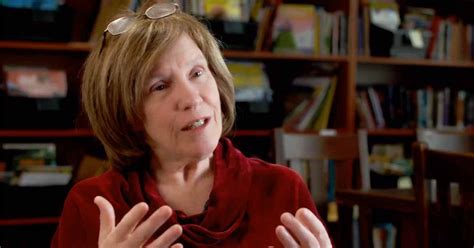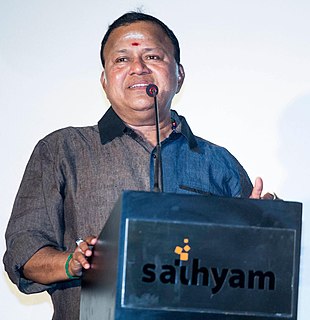A Quote by Stephen Hawking
I'm a child myself, in the sense that I'm still looking. Children are fascinated by black holes and ask me questions. I find they soon get the idea if it is explained in nontechnical language.
Related Quotes
When people ask me what philosophy is, I say philosophy is what you do when
you don't know what the right questions are yet. Once you get the questions
right, then you go answer them, and that's typically not philosophy, that's
one science or another. Anywhere in life where you find that people aren't
quite sure what the right questions to ask are, what they're doing, then,
is philosophy.
I don't like the way most people think. It's imprecise. I find that when parents ask me questions, they ask very imprecise questions. They say, "My kid has behavioral problems at school." Well, I have to say, "What kind of problems? Is he hitting? Is he rude? Does he rock in class?" I need to narrow questions to specifics. I am very pragmatic and intellectual, not emotional. I do get great satisfaction when a parent says, "I read your book, and it really helped me."
To me, one of the most profound questions we can ask is: "So what?" And so what if there's an indefinite number of worlds with alternate "us-es" in them? The "so what," to me, comes alive when I ask myself: "What if I could find a way to get in touch with those alternate mes who made those choices?" That is, persons who, if I saw them now, I wouldn't even recognize because their choices, once small, have multiplied to make them such different people.
When a director narrates a character, I find it normal to ask questions about the character's background, mood swings, eccentricities, behaviour... I do this to make my performance relatable. Directors who don't know their characters well find it difficult to answer these questions and, hence, find me annoying.




































